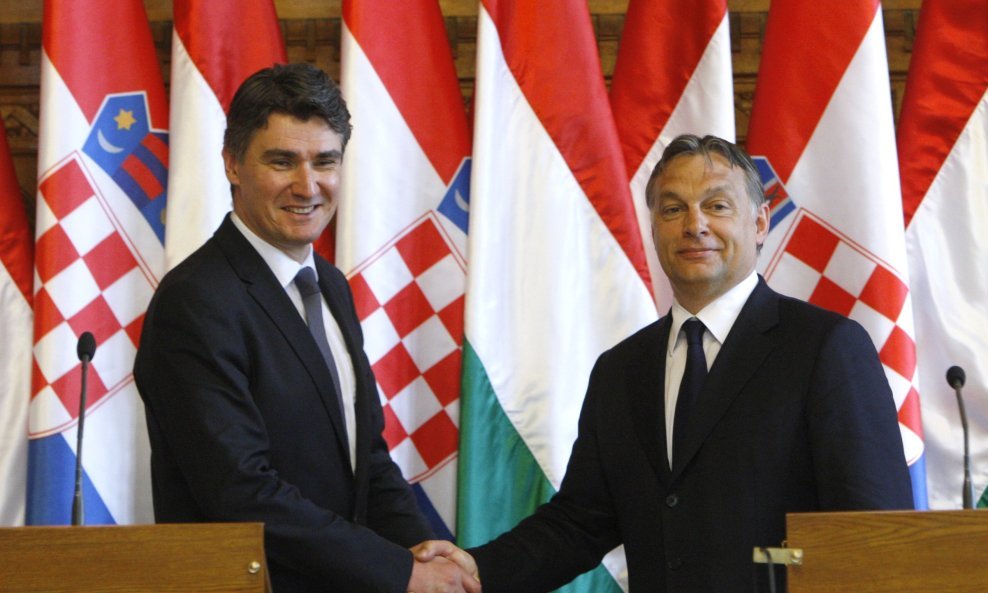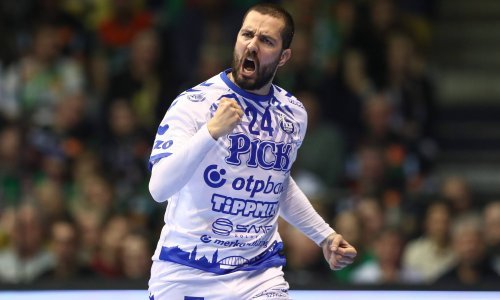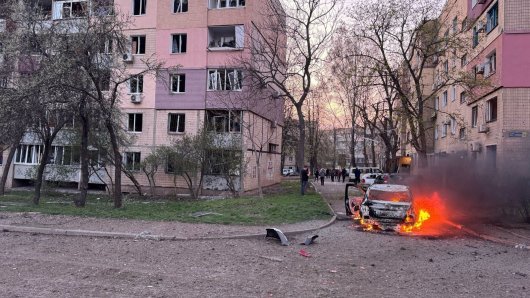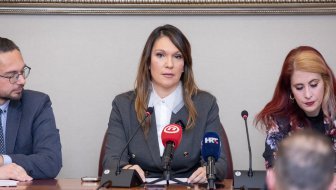The visiting Croatian Prime Minister, Zoran Milanovic, and his host in Budapest, Hungarian Prime Minister Viktor Orban, on Monday agreed that it was in the interest of both countries that the INA and MOL oil companies do business well, but that their problems could not be solved at the state level as neither the Hungarian nor the current Croatian government had had anything to do with the change in INA's ownership structure.
"It is in our mutual interest to have things functioning well and to have both companies making profits and paying taxes. It is our joint interest," Milanovic told a news conference in Budapest after his two-hour talks with Orban.
"It (takeover) may be a matter of interest for the Croatian judiciary. However, neither the previous nor the current Hungarian government had anything to do with the process of INA's takeover by MOL as the Hungarian government was not an owner of MOL when the pertaining contracts were being concluded," Milanovic said, adding that the incumbent Croatian government also had nothing to do with it.
Milanovic, who on Monday arrived in Budapest for a day-long official visit, said that the topics pertaining to INA and MOL were unavoidable when it came to the bilateral talks between Hungary and Croatia, but the governments could not decide on them in the formal and legislative sense.
The Croatian government holds a 44.84% stake in INA and MOL's interest in the Croatian national oil company is 47.26%. The Hungarian government holds one quarter of MOL shares.
Orban said that those issues should be dealt with where it was possible, emphasising Hungary's best intentions and readiness to cooperate but that it could not exert influence.
Both premiers pointed out the friendly relations between their two countries, with Milanovic stressing that he would not let the problems surrounding INA-MOL relations negatively affect Croatia-Hungary relations.
Former Croatian Prime Minister Ivo Sanader is on trial for allegedly receiving 10 million euros in bribes from MOL to ensure for it a dominant position in INA. During the trial, several Croatian executives testified that they were outvoted by Hungarian representatives in INA during decision-making.
Asked by reporters whether they had discussed Zagreb's plans to appoint two ministers -- Slavko Linic and Radimir Cacic -- to INA's supervisory board, Milanovic said that this had not been discussed as this "is an internal matter of Croatia".
The announcement of those appointments has been deemed by the European Commission as a cause for concern, according to the Commission's pre-accession monitoring report on Croatia, but Brussels has not a priori ruled out that possibility and consultations on the matter should soon start.
Milanovic has already stated that his cabinet will not give up those appointments.
The Hungarian premier said that one of the main goals of the meeting was to raise the two countries' energy stability and security.
Therefore, we have considered the cooperation and prospects in the energy sector, Orban said, adding that his country was committed to participating in all investments enhancing energy security in the region.
Milanovic said that Hungary and Croatia should identify their interests in the European Union such as the transport corridor through the Croatian seaport of Rijeka and liquefied natural gas terminals.



































